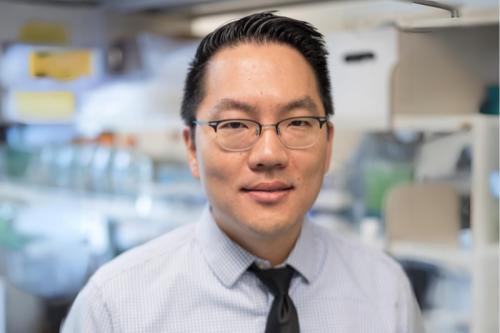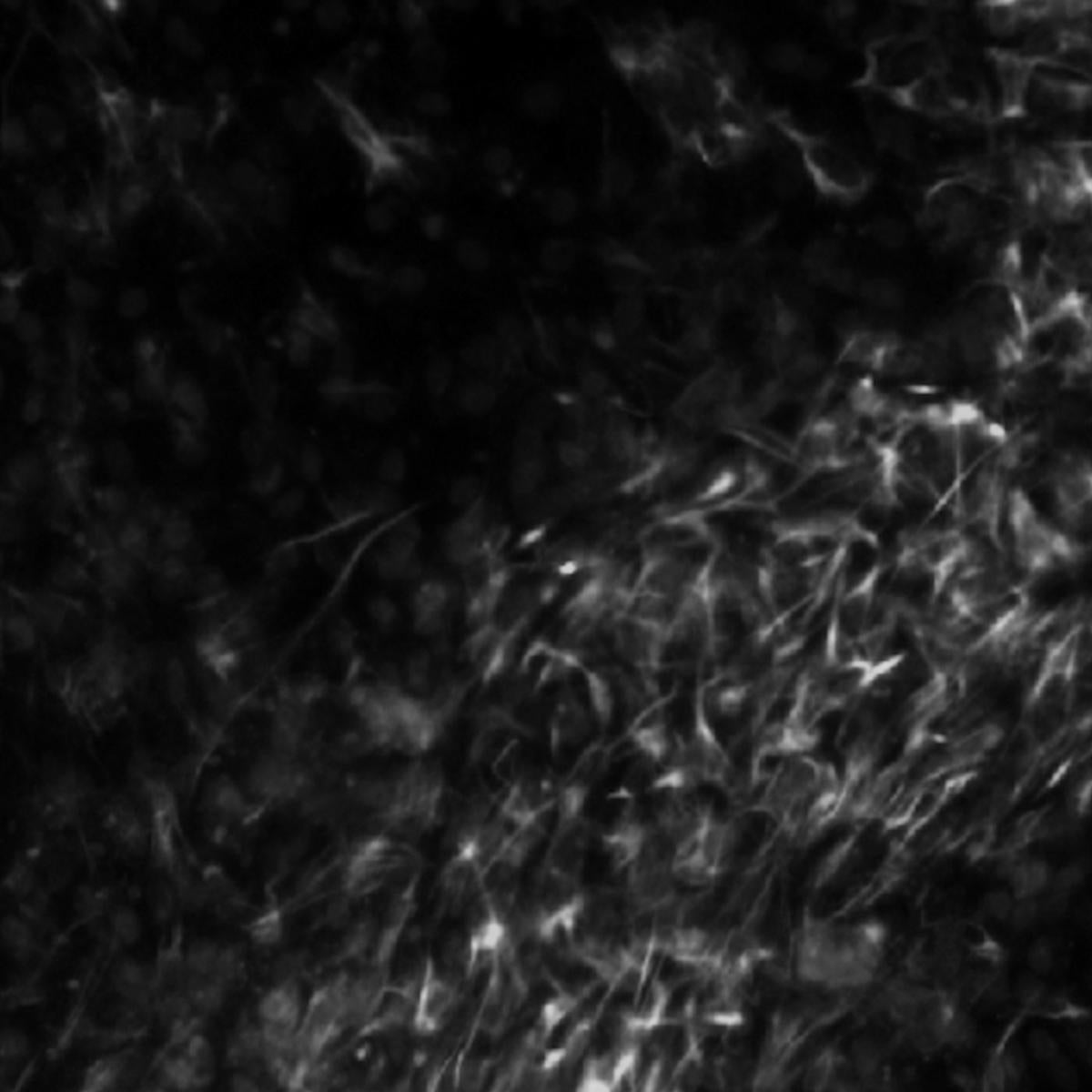
John K. Lee, M.D., Ph.D.
- Associate Professor-in-Residence, Hematology/Oncology

John K. Lee, M.D., Ph.D., is a medical oncologist who treats patients with late-stage prostate and bladder cancer. As a researcher, he aims to develop novel diagnostic and therapeutic approaches that can collectively help patients with these cancers suffer less and live longer.
Lee studies the mechanisms that drive advanced prostate and bladder cancers and seeks to translate these findings into novel therapeutic strategies. His current research interests are understanding the interaction of oncogenic events in the initiation and progression of these cancers, identifying antigens as targets to develop antibody and cell-based immunotherapies and targeting Myc and AR in castration-resistant prostate cancer.
Lee has made significant contributions in developing immunotherapies for genitourinary cancers and in deciphering the complex genetic interactions that underlie cancer initiation and progression. He has innovated a preclinical approach to rapidly generate diverse cancer subtypes from stem/progenitor-enriched primary epithelial cells that enables interrogation of genotype-phenotype relationships at scale using massively parallel single-cell sequencing.
Lee's studies have also directly led to the development of early phase clinical trials investigating two CAR-T cell therapies for metastatic castration-resistant prostate cancer and small cell neuroendocrine prostate cancer. These targeted therapies could improve outcomes for individuals with these aggressive cancers, which are often fatal in less than a year.
Research Projects
- Engineering advanced, personalized immunotherapies to treat prostate and bladder cancer
- Investigating approaches to boost immune response against stubborn or immunologically "cold" solid tumors
- Evaluating novel applications of antibody-drug combination therapies for prostate cancer
- Deciphering genotype-phenotype relationships involved in cancer development and progression — i.e. the interactions between genetic information and the physical or biochemical traits that result from that gene expression
- Identifying molecular mechanisms that enable typical prostate cancers to evolve into neuroendocrine or aggressive prostate cancers
-
Medical Board Certifications
- Medical Oncology, American Board of Internal Medicine, 2014
- Internal Medicine, American Board of Internal Medicine, 2013
Fellowship
- Hematology and Oncology, David Geffen School of Medicine at UCLA, 2013
Residency
- Internal Medicine, Boston Medical Center, 2009
Degrees
- Ph.D., Molecular Biology, UCLA, 2016
- M.D., Geisel School of Medicine at Dartmouth, 2006
-
